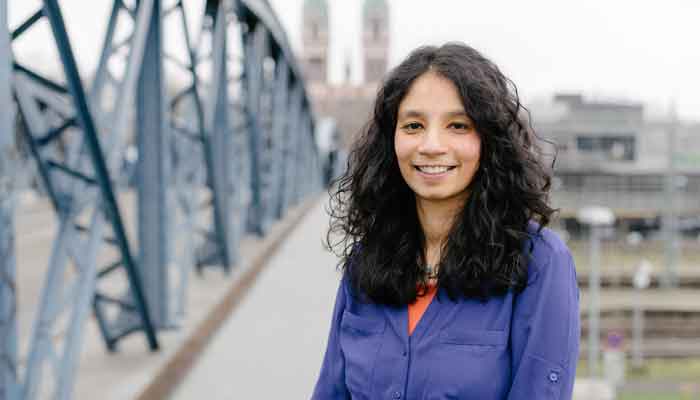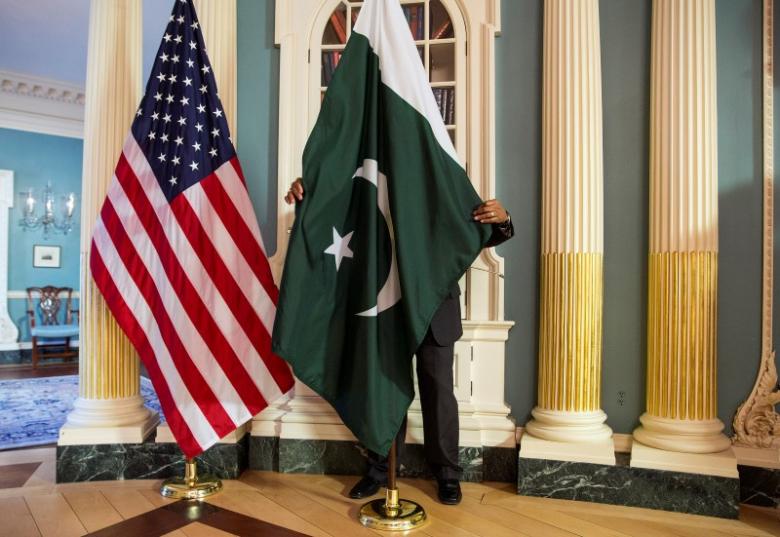BERLIN: Asifa Akhtar a Pakistani born scientist has become the first ever international female vice president at Germany’s prestigious Max Planck Society of its biology and medicine section.
Max Plan Society is a well renown and successful research organization of Germany. 18 researchers from this society has achieved Nobel Prize since its formation in 1948.
Born in 1971 in Karachi, Asifa Akhtar a biologist is the first international female Vice President in the Biology and Medicine Section of Germany’s notable scientific organization. Asifa will be in charge of the Institutes of this Section and contact person for Max Planck Schools under her new position.
She says “Academic science is a beautiful example of integration because you have people from all over the world exchanging knowledge beyond boundaries, cultures or prejudice,” Moreover, on gender equality issues, she viewed . “Gender equality needs to be worked on continuously. There are outstanding women in science and we should make all the efforts and use our resources to win them for the Max Planck Society.”
Asifa Akhtar completed her PhD at Imperial Cancer Research Fund in London, UK in 1997. After it, she migrated to Germany where was a Postdoctoral fellow at the European Molecular Biology Laboratory (EMBL) in Heidelberg and the Adolf-Butenandt-Institute in Munich from 1998 to 2001.
Beside, this biologist has attained several awards for her scientific research and accomplishments including the Early Career European Life Science Organization Award in 2008, EMBO membership in 2013, and the Feldberg Prize in 2017. She also elected as a member of the National Academy of Science Leopoldina in 2019








